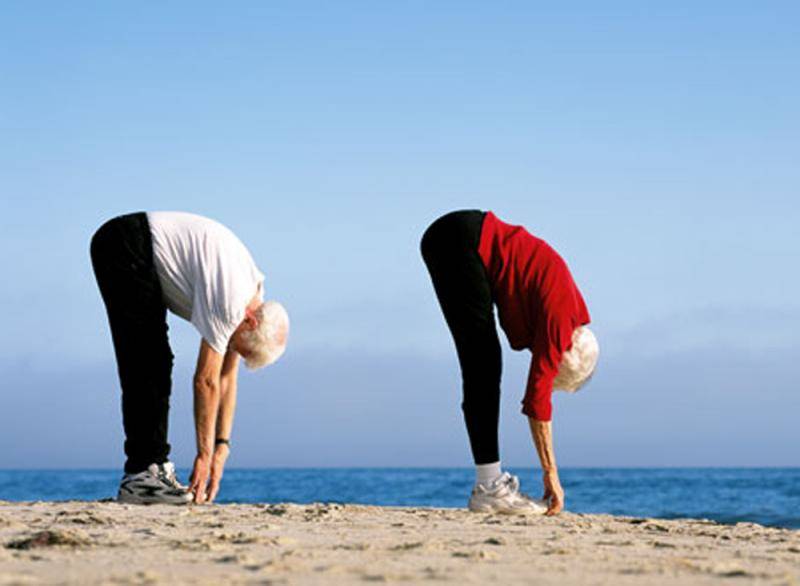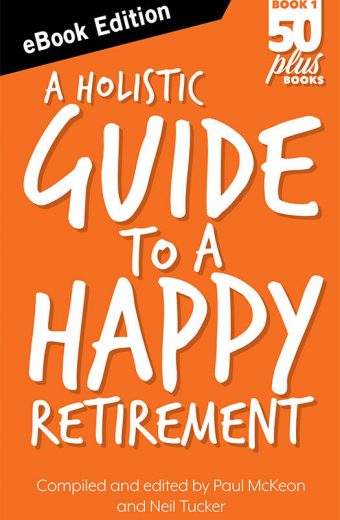
If we want to give ourselves the best chance of good health in later life, we need to take responsibility for our health. We need to adopt a strategy of seeking “wellness” rather than treating
an illness when we get sick. This means looking, feeling, performing and staying well and incorporates regular exercise, a well-balanced diet, a positive attitude and an ability to manage stress.
Unfortunately a lot of people pass the responsibility for their health to their doctor and expect to be “cured” from any illness by taking drugs or medication.
Mainstream medicine is primarily designed to cure ailments and most money and effort is spent on developing drugs and therapies for disease rather than promoting wellbeing. For example, it is normal in current western medical practice to treat coronary heart disease by stripping a vein from the leg, opening the chest, placing the vein across a blocked artery and then repeating the procedure every ten years. It is considered abnormalhowever, to encourage patients to relax, exercise, eat good food and share their feelings, despite the fact that research has proven the success of this latter approach.
A focus on illness rather than lifestyle and wellness has led to a crisis in healthcare with an ageing population, increasing healthcare costs, increasing exposure to pollution and toxic chemicals, environmental destruction and an epidemic of lifestyle related diseases such as obesity, diabetes, heart disease and cancer. It is also becoming increasingly obvious that it isn’t modern medicine that is going to deliver wellness, we need to create it for ourselves.
Some actions we can take to improve our health and wellbeing are –
- Better manage stress through effective time management, meditation and infusing life with creativity, humour and fun.
- Get in the habit of exercising regularly.
- Adopt a healthy diet and avoid smoking.
- Develop good relationships with those people who are important to us.
- Be engaged with life, take an active interest in our community and help others.
This is an extract from an article in our new book titled “How to stay Healthy, Active and Sharp in Retirement. It was written by Professor Marc Cohen from RMIT University in Melbourne. This book offers information and advice on a wide range of physical and mental health issues, some of which most people will encounter in their 50s, 60s and 70s.
The book is available on our web site at www.mylifechange.com.au.

